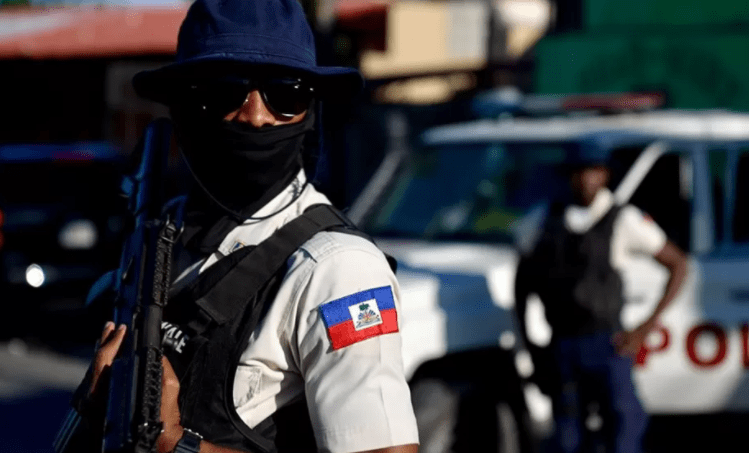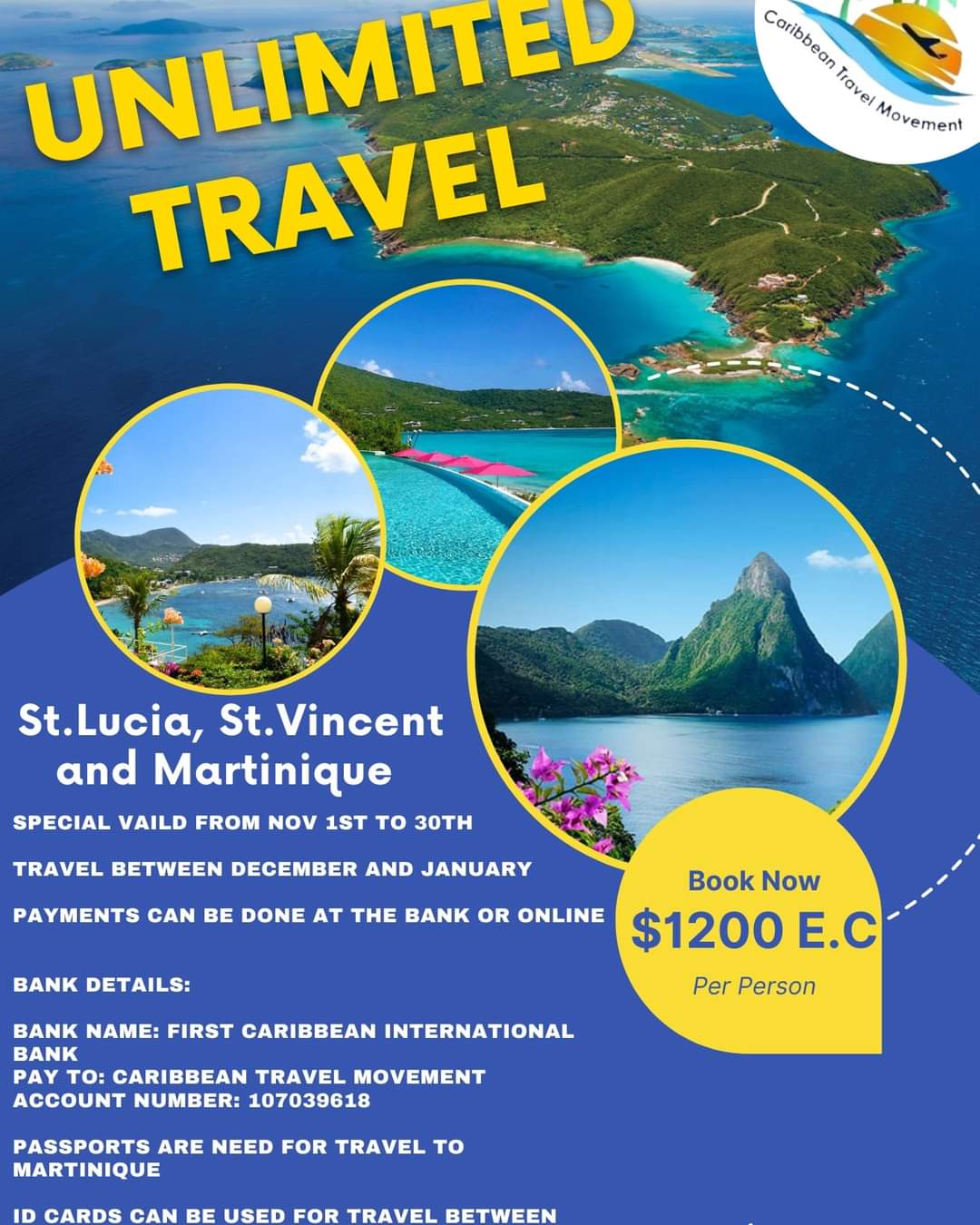December 5th 2022
Haiti: Inside the capital city taken hostage by brutal gangs
by bbc news

In Port-au-Prince you cannot see the boundaries, but you must know where they are. Your life may depend on it. Competing gangs are carving up the Haitian capital, kidnapping, raping, and killing at will. They demarcate their territory in blood. Cross from one gang's turf to another, and you may not make it back.
Those who live here carry a mental map, dividing this teeming city into green, yellow, and red zones. Green means gang free, yellow can be safe today and deadly tomorrow, and red is a no-go area. The green area is shrinking as heavily armed gangs tighten their grip.
Armed groups control - and terrorise - at least 60% of the capital and its surroundings, according to Haitian human rights groups. They encircle the city, controlling roads in and out. And the UN says the gangs killed almost 1,000 people here between January and June of this year.
This report contains content which some readers may find upsetting, including sexual violence
Port-au-Prince is nestled between green hillsides and the blue waters of the Caribbean. It is blanketed by heat and neglect. The rubbish is knee-deep in places - a putrid monument to a crumbling state. There is no head of state (the last one was killed in office), no functioning parliament (gangs control the area around it) and the US-backed prime minister, Ariel Henry, is unelected and deeply unpopular.
In effect the state is missing in action, as the people suffer overlapping crises. Almost half the population - 4.7 million Haitians - are facing acute hunger. In the capital around 20,000 people are facing famine-like conditions, according to the UN. This is a first for the Americas. Cholera has made a deadly comeback. But armed gangs are the greatest plague.
About 50 of the staff at our downtown hotel live in because it's too dangerous for them to go home. Few here go out after dark. The manager says he never leaves the building.
Kidnapping is a growth industry. There were 1,107 reported cases between January and October of this year, according to the UN. For some gangs it's a major income stream. Ransoms can run from $200 (£164) to $1m (£819,740). Most victims come back alive - if the ransom is paid - but they are made to suffer.
"Men are beaten and burned with materials like melted plastic," says Gedeon Jean, of Haiti's Centre for Analysis and Research in Human Rights. "Women and girls are subject to gang rape. This situation spurs relatives to find money to pay the ransom. Sometimes kidnappers call the relatives so they can hear the rape being carried out on the phone."
We travel around by armoured car. Normally that's reserved for frontlines in warzones like Ukraine, but it's necessary in Port-au-Prince to ward off kidnappers. It is a protection that many here can't afford. It's the poorest country in the Western hemisphere, prone to both natural and political disasters.
Kidnappers belong to competing gangs - which are mainly grouped into two large coalitions - G9 and G-Pep.
Driving to an early morning appointment in late November, we come across a crime scene in the middle-class suburb of Delmas 83. Bullet casings litter the pavement, glinting in the sunlight, and a man lies dead in a back alley, face down in a pool of blood.
A grey 4x4 pickup truck has veered into a wall, one side riddled with holes. An AK-47 lies on the ground beside it. Heavily armed police surround the pickup, some with faces covered and weapons drawn. Onlookers cluster together on the path. If they have questions, they don't ask them. When you live in the shadow of the gangs, it pays to be silent.
The police tell us they were involved in a shoot-out with a group of kidnappers, out early hoping to snatch their next victim. The gang fled on foot, one of them trailing blood. The suspected kidnapper was tracked to the alley, where he was killed.

TO RECEIVE NEWS NOTIFICATIONS VIA WHATS APP PLEASE SAVE OUR NUMBER AND SEND US A MESSAGE AT 7584896261 AND WE WILL ADD YOU TO OUR LIST








